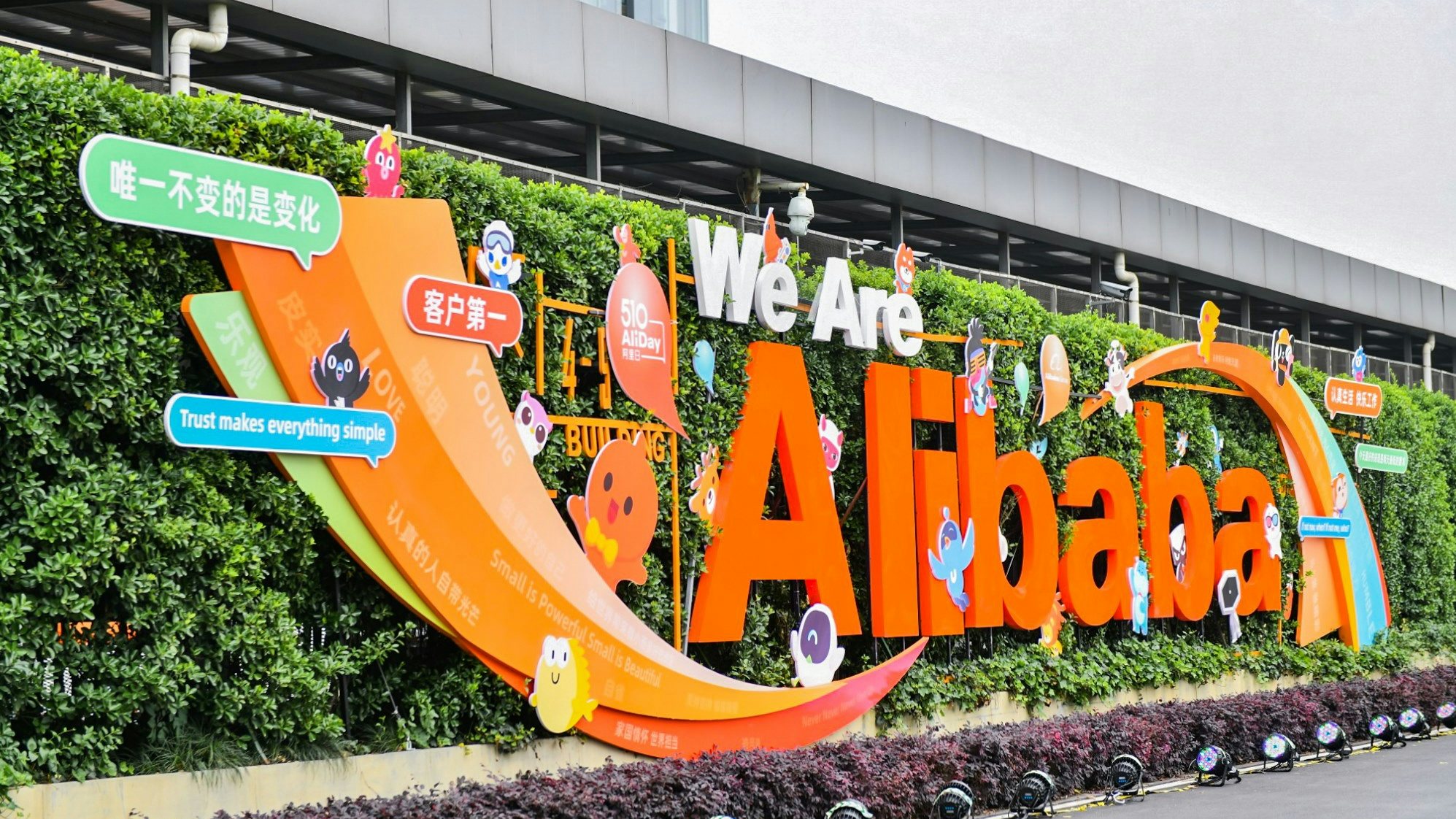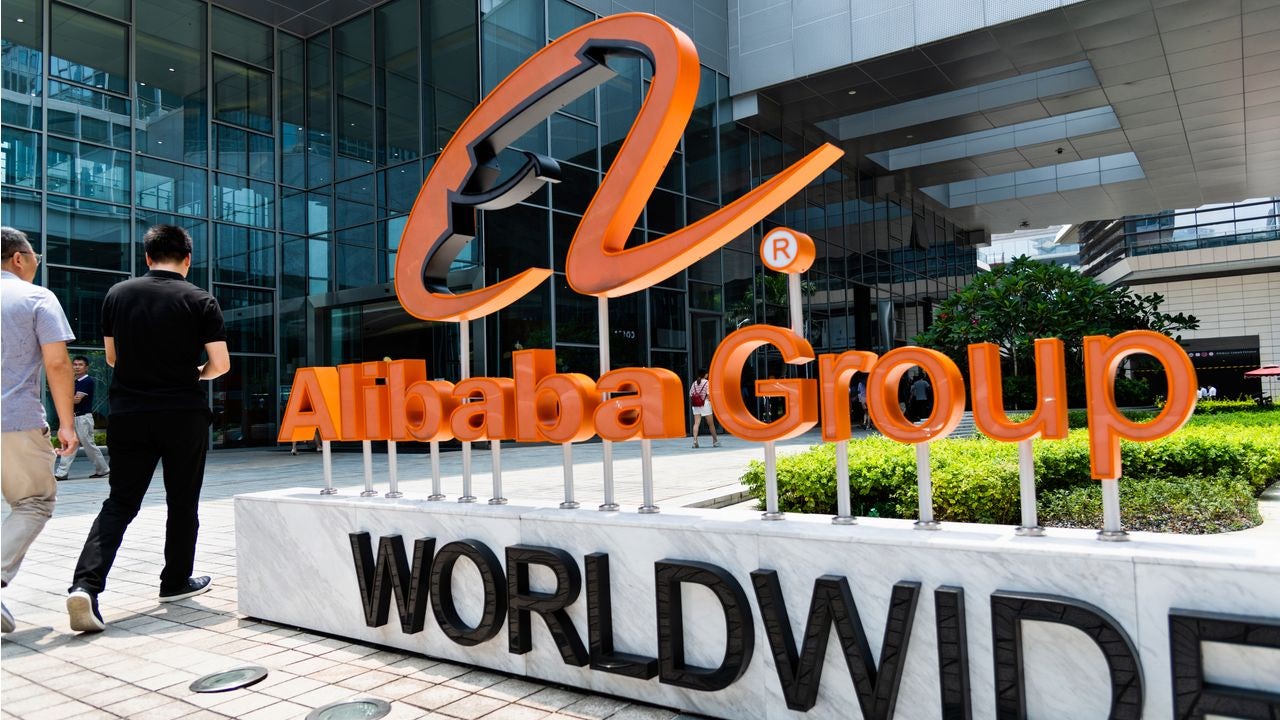Update published March 16, 2021#
Beijing continues to hold tech conglomerates under close scrutiny, especially the Alibaba Group. At a Communist party leadership meeting chaired by President Xi, companies were warned that the government will continue its offensive against tech companies with vast market power and consumer data. Given this, Alibaba has been in Beijing’s crosshairs since last year; following levies, this latest move now targets its media interests. According to reports, the government has requested the e-commerce giant to divest its publishing arm (it owns the South China Morning Post and has stakes in both Weibo and Bilibili). Additionally, other Chinese companies have now pulled Alibaba’s internet browser from app stores too citing misleading advertising. This would indicate that, after years and years of unbridled freedom, the etailer’s monopolistic expansion might be coming to an end.
Original article published March 13, 2021#
What happened
China’s financial regulators continue to roll out measures to cover the digital sector and the fintech industry, which had previously gone relatively unchecked despite being a large source of consumer credit growth. As part of its ongoing crackdown on monopolistic business practices, the country’s market regulator has levied fines against 12 internet companies, including Tencent, Baidu, SoftBank, and China’s equivalent of Uber, Didi. Each has been slapped with a token fee of 500,000. A much larger fee (around 975 million) has been floated for Alibaba Group, which has had years of unrestrained expansion. This levy, however, has been denied by Beijing.
The Jing Take
A time-out is definitely being called on Alibaba’s lucrative game of monopoly — or is it? If this fine materializes, it would be the highest in Chinese corporate history. However, since when did fees ever stop a monopoly? Especially not one as dominant as Alibaba. Although it looks like a large number, the fine is a drop in the ocean for the conglomerate that saw steady growth during the pandemic: 880 million mobile MAUs and 22,838 million in revenue in 2020. Plus, Alibaba Group faced much worse in the past; far more damaging was the halting of its Ant Group IPO, after which it faced a restructure and several departures, adding to Alibaba’s woes.
Along with supposedly clamping down on burgeoning growth, these measures have also been aiming to recognize potential infringements of consumer rights. When it comes to luxury, it will be interesting to see how China plans to curb the giant, which, following a deal with Farfetch has exponentially grown its positioning, and in the process, further strengthened its hold on consumers. And brands too.
The Jing Take reports on a piece of the leading news and presents our editorial team’s analysis of the key implications for the luxury industry. In the recurring column, we analyze everything from product drops and mergers to heated debate sprouting on Chinese social media.

